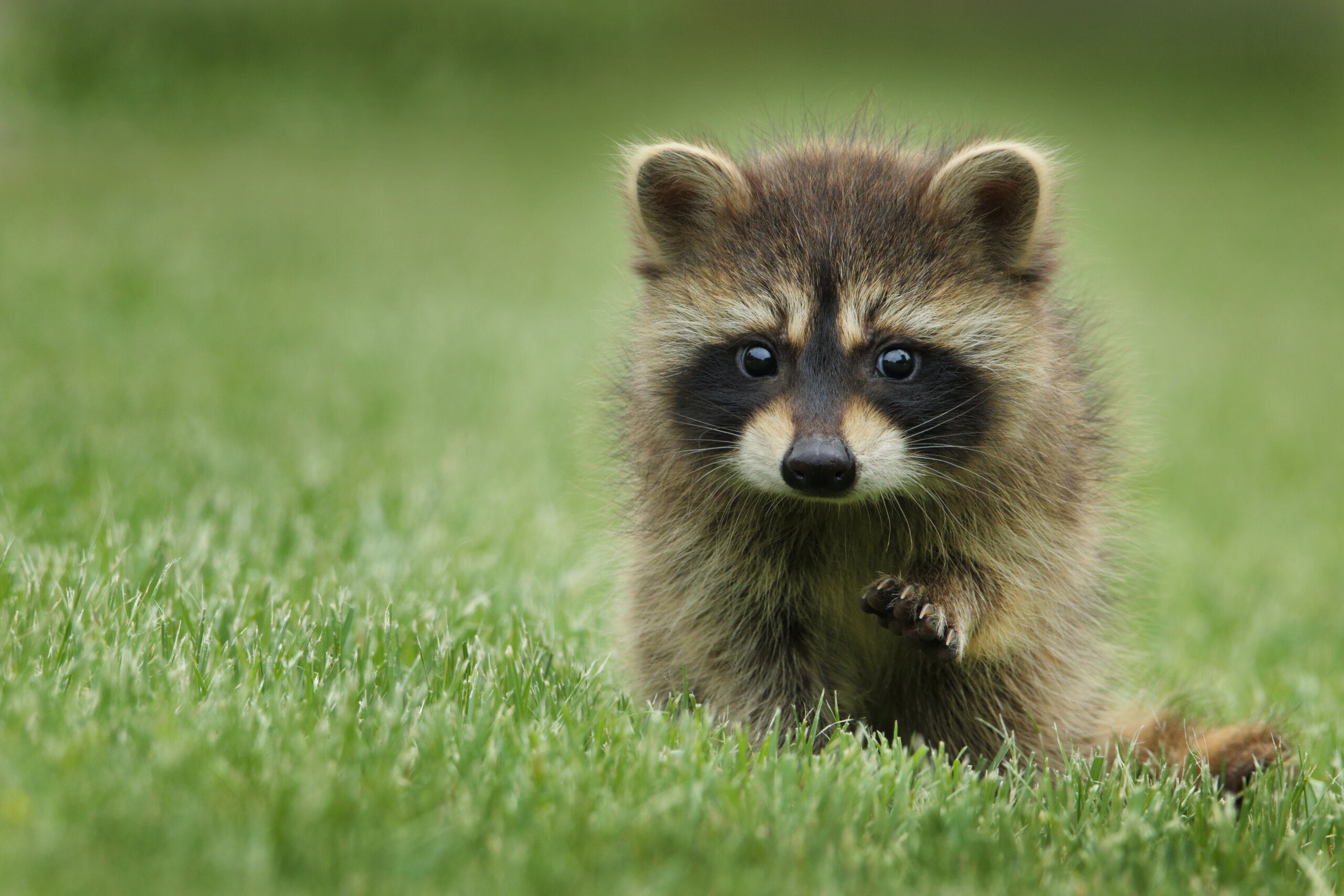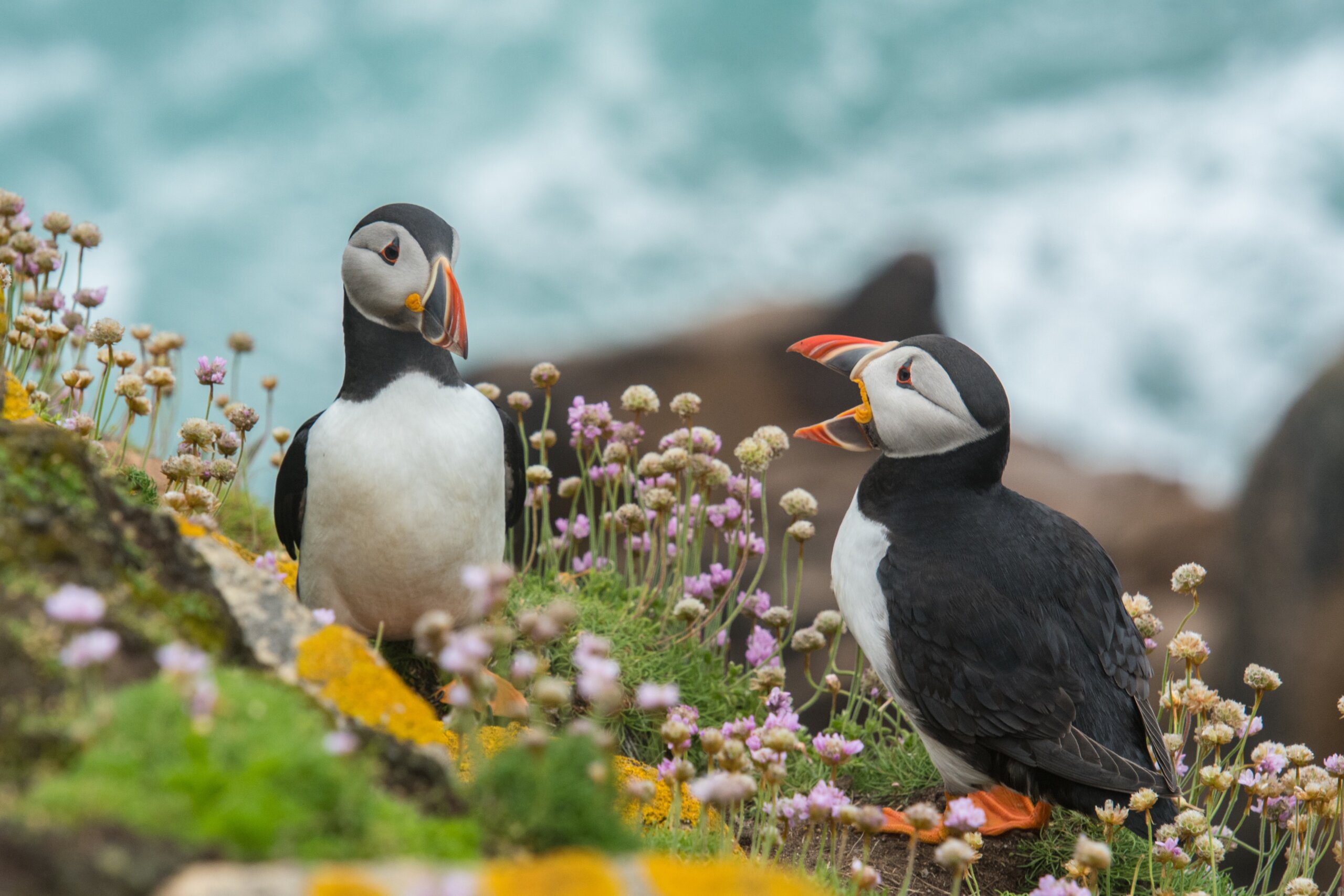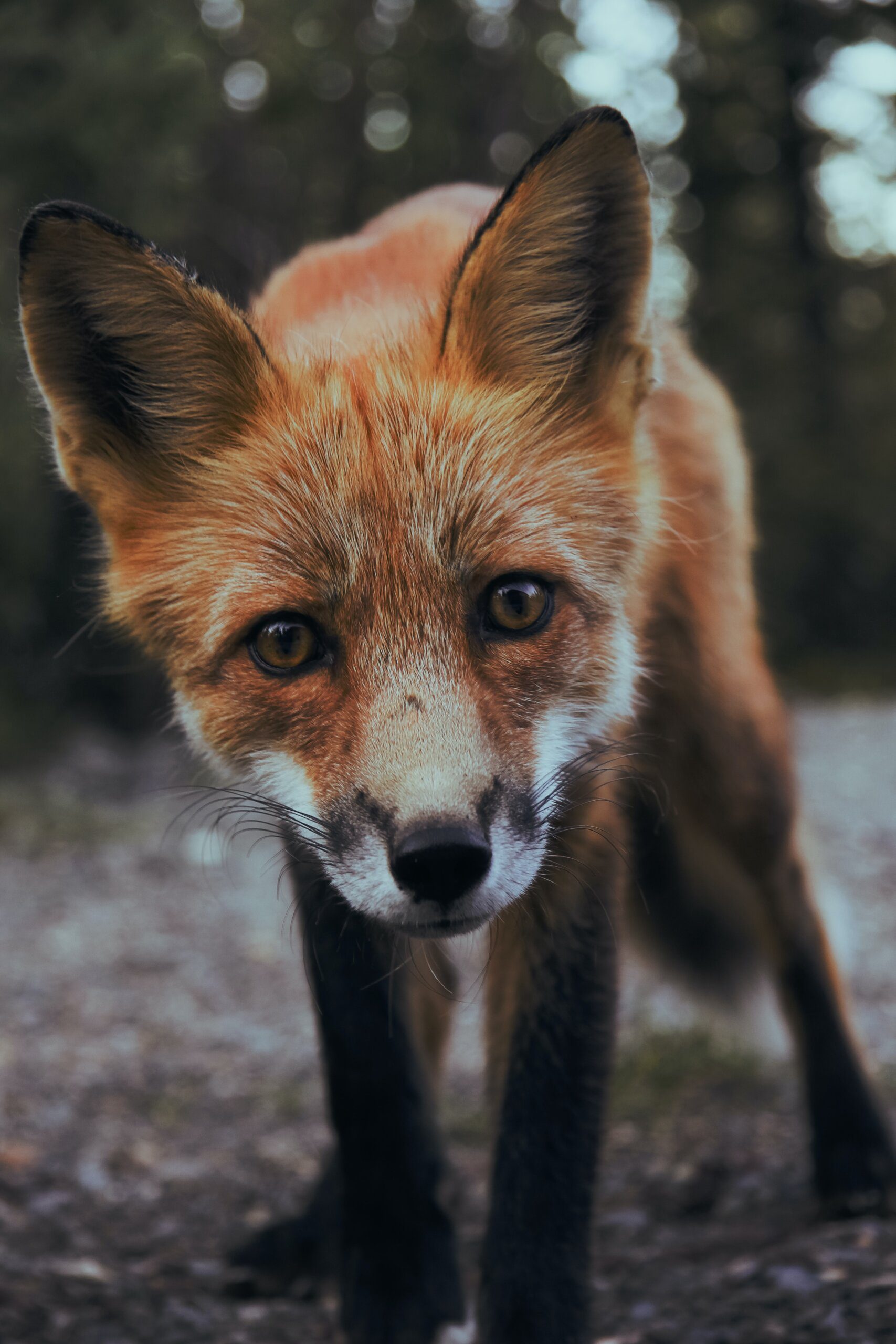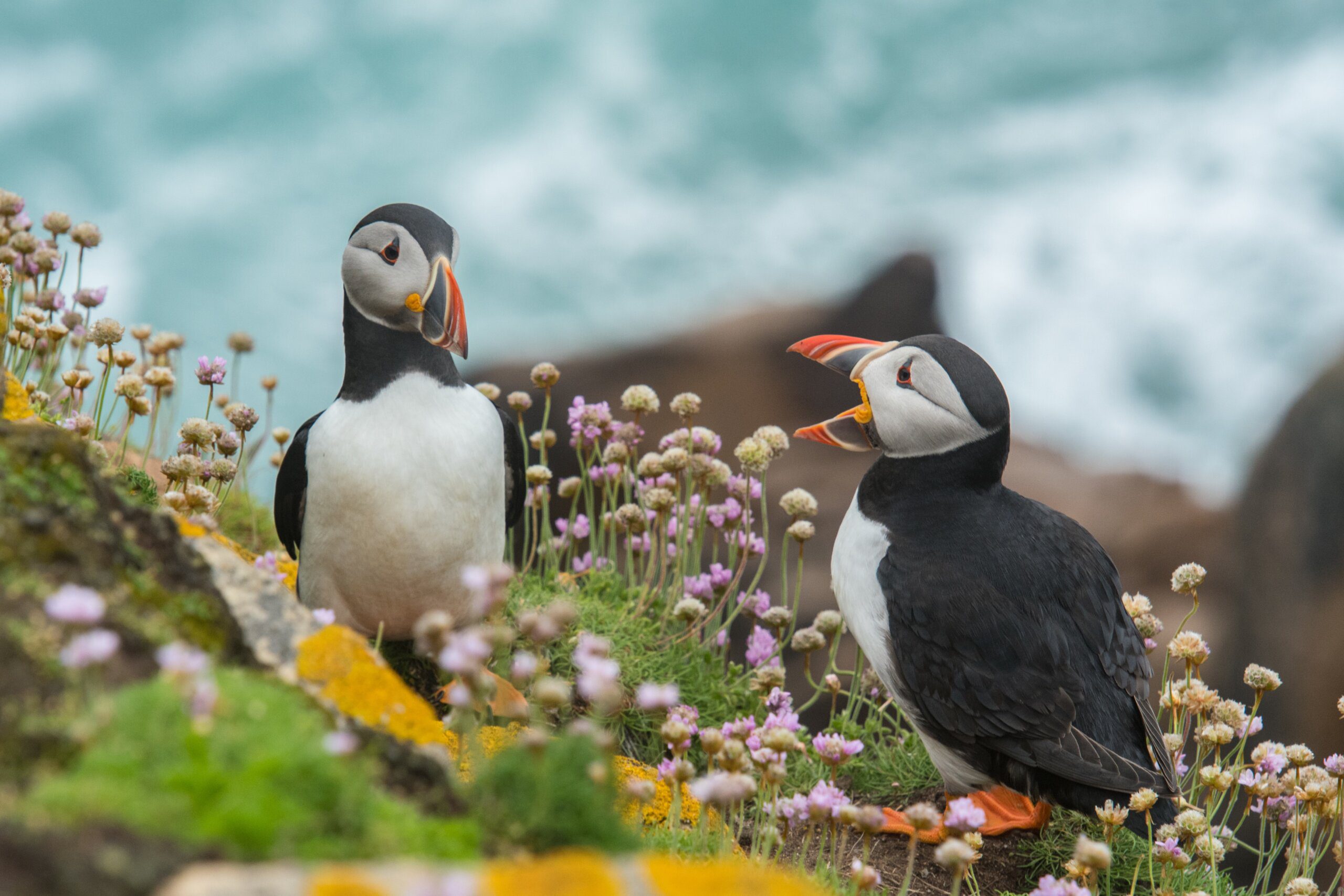Have you ever wondered if it is legal to own a capybara in the UK? Well, here’s the scoop! Capybaras, those adorable and sociable creatures, have become increasingly popular as exotic pets. However, before you rush to adopt one, it’s important to know the legalities surrounding capybara ownership in the UK. In this article, we will explore the rules and regulations governing capybara ownership, ensuring that you are fully informed before making any decisions. So, let’s dive in and discover whether owning a capybara is a possibility or a mere dream in the UK!

Understanding Capybaras
Capybaras are fascinating creatures that have gained popularity as pets in recent years. Known for their friendly demeanor and unique appearance, these large rodents have captured the hearts of many animal lovers. In this article, we will explore the various aspects of capybara ownership, including their natural habitat, care requirements, legal considerations, and ethical implications.
What is a capybara?
Capybaras are the largest living rodents in the world, native to South America. They have a semi-aquatic lifestyle and live near bodies of water such as lakes, rivers, and marshes. With their barrel-shaped bodies, short legs, and webbed feet, capybaras are well adapted to their aquatic environment. They have a dense, coarse coat that is usually brown or gray in color, helping to protect them from predators and the elements.
Fascinating facts about capybaras
Capybaras are truly remarkable creatures, with several unique characteristics that set them apart from other animals. Did you know that they are highly social animals and live in groups called herds? These herds can consist of anywhere from 10 to 40 individuals, forming a complex social structure with a dominant male as the leader. Capybaras are also known for their strong maternal instincts, with females nursing their young for several weeks after birth.
Capybaras are herbivores, primarily feeding on grasses, aquatic plants, and occasionally fruits. Their chisel-like teeth are well-suited for grazing, enabling them to consume a significant amount of plant matter each day. Despite their large size, capybaras are excellent swimmers and can even hold their breath underwater for several minutes. These aquatic abilities make them well-suited for their natural habitat, where they can escape predators and find food easily.
UK Laws and Regulations
Before considering capybara ownership in the UK, it is crucial to familiarize yourself with the laws and regulations surrounding exotic pets. The UK has strict guidelines in place to ensure the welfare and safety of both the animals and the public.
Exotic pet laws in the UK
In the UK, capybaras are classified as exotic pets. The ownership of exotic animals is regulated under the Dangerous Wild Animals Act 1976, which requires individuals to obtain a license from their local authority before owning certain species. Capybaras fall under this legislation, meaning you must meet specific criteria and obtain a license to legally keep them as pets.
The Dangerous Wild Animals Act 1976
The Dangerous Wild Animals Act 1976 aims to prevent the escape of dangerous animals and protect the public from potential harm. Under this act, capybaras are considered a potentially dangerous species due to their size and strength.
To obtain a license under the Dangerous Wild Animals Act, you must meet various requirements, which may include providing evidence of suitable accommodation, knowledge of the species’ needs, and proper safety measures to prevent escape. Failure to comply with these regulations can result in penalties and possible confiscation of the animal.
Licensing requirements for exotic pets
To own a capybara legally in the UK, you must apply for a license from your local authority. The application process typically involves providing detailed information about the proposed accommodation, including its dimensions, layout, and security measures. Additionally, you may be required to demonstrate your knowledge of capybara care and welfare, as well as your ability to meet their specific needs.
It is essential to note that each local authority may have slightly different requirements for exotic pet ownership, so it is crucial to contact them directly and inquire about the specific guidelines in your area. They will guide you through the licensing process and provide you with the necessary information to ensure legal ownership.
Keeping capybaras as a pet
Owning a capybara comes with significant responsibilities, as these animals have specific care requirements that must be met to ensure their health and well-being. Before deciding to welcome a capybara into your home, it is essential to consider whether you have the time, resources, and commitment to provide the necessary care they need.
Capybaras require ample space to roam and access to water sources to emulate their natural habitat. Providing a suitable enclosure with enough room for them to exercise, graze, and swim is paramount. Additionally, capybaras are highly social animals and thrive in the company of their own kind. It is generally recommended to keep at least two capybaras together to fulfill their social needs.

Capybara’s Natural Habitat
Understanding the natural habitat of capybaras is crucial when considering owning one as a pet. Capybaras are native to South America, where they reside in various countries such as Brazil, Argentina, and Venezuela. They are well-adapted to the lush, tropical environments found in these regions.
Where do capybaras live?
In the wild, capybaras inhabit areas near bodies of water, including rivers, lakes, and marshes. They are commonly found in rainforest regions and wetland ecosystems, where they can find ample vegetation to sustain their herbivorous diet. These semi-aquatic creatures are excellent swimmers and often spend a significant amount of time in the water to stay cool, evade predators, and access their food sources.
Adapting to the UK climate
Bringing capybaras into the UK presents challenges, as their natural habitat significantly differs from the climate found in their native South America. Capybaras are naturally suited to warm, tropical climates and have evolved to thrive in high humidity levels. Therefore, it is necessary to consider how they will adapt to the cooler, more temperate climate of the UK.
Capybaras can adapt to moderate variations in temperature, but it is vital to provide them with appropriate measures to protect them from extreme cold. This may involve ensuring their enclosure is properly insulated, providing additional bedding or heating during colder months, and offering shelter from harsh weather conditions.
Creating suitable living conditions
To ensure the well-being of capybaras in the UK, it is crucial to replicate their natural habitat as closely as possible. This includes providing ample space for them to exercise, graze, and swim. An outdoor enclosure with access to a secure and clean water source is essential, allowing capybaras to engage in their natural behaviors and thrive in a domestic setting.
In addition to sufficient space and water access, capybaras require a varied diet consisting primarily of grasses and vegetation. Providing a suitable grazing area or supplementing their diet with high-quality hay and specialized capybara pellets is essential for their nutritional needs.
Capybara Care and Maintenance
Caring for capybaras requires dedicated effort and an understanding of their specific needs. To ensure their well-being, a comprehensive care plan should be implemented, addressing their dietary requirements, shelter, socialization, and healthcare needs.
Caring for capybaras
Capybaras require daily care to maintain their health and happiness. This includes monitoring their overall well-being, ensuring they have access to clean water and a suitable diet, and conducting regular health checks. Capybaras should be observed for any signs of illness or distress, and immediate veterinary attention should be sought when necessary.
Dietary needs and feeding
As herbivores, capybaras have specific dietary requirements that must be met to support their health. Their diet consists mainly of grasses and vegetation found in their natural environment. To replicate this diet in captivity, capybaras should have access to a variety of fresh, pesticide-free grasses, as well as commercial capybara pellets and high-quality hay.
Feeding capybaras a balanced diet is essential to prevent nutritional deficiencies and promote overall well-being. Consulting with a veterinarian or an experienced capybara caretaker can provide valuable guidance on meeting their specific dietary needs.
Providing adequate shelter
Capybaras require suitable shelter to protect them from extreme weather conditions and predators. Their enclosure should be secure, providing protection from potential dangers and allowing them to retreat to a safe space when needed. The shelter should also be well-ventilated to prevent the buildup of moisture and allow for proper air circulation.
Additionally, capybaras may benefit from a heated area within their enclosure during colder months. This can help them maintain their body temperature and provide a comfortable environment when the temperatures drop.
Enrichment and socialization
Capybaras are highly social animals that thrive in the company of their own kind. It is generally recommended to keep at least two capybaras together to fulfill their social needs and prevent loneliness. Proper socialization is crucial for their mental and emotional well-being.
Enrichment activities should also be provided to stimulate capybaras mentally and physically. This can include introducing toys, puzzles, and structures that encourage natural behaviors such as climbing and foraging. Regular interaction and playtime with their human caretakers can also provide mental stimulation and strengthen the bond between capybaras and their owners.
Healthcare and veterinary care
Ensuring the health of capybaras involves regular veterinary check-ups and prompt medical attention when necessary. It is crucial to find a veterinarian experienced in exotic animal care, preferably with knowledge of capybara health and treatment.
Routine veterinary care for capybaras may include vaccinations, deworming, and preventive measures against parasites and diseases commonly found in rodents. Additionally, dental care is essential to maintain their teeth’s health, as malocclusion and dental problems can occur in capybaras.

Suitability as a Pet
While capybaras may seem like fascinating and unique pets, it is essential to consider whether they are suitable for your lifestyle, living situation, and commitment level. Several factors should be taken into account before making the decision to bring a capybara into your home.
Understanding capybara behavior and temperament
Capybaras have a generally friendly and docile nature. They are often described as gentle, sociable animals that can form strong bonds with their human caretakers. However, it is crucial to remember that they are still wild animals with natural instincts and behaviors.
Capybaras are highly social and require companionship of their own kind to thrive. Loneliness can lead to stress and behavioral problems. Therefore, it is recommended to keep at least two capybaras together and dedicate ample time to their socialization needs.
Space requirements for capybaras
Capybaras are large animals that require a significant amount of space to roam and engage in natural behaviors. Their enclosure should provide enough room for exercise, grazing, and swimming. A small backyard or limited living space may not be suitable for capybara ownership.
It is essential to assess whether you have access to adequate space for capybaras before considering ownership. Lack of space can lead to frustration, boredom, and ultimately, compromised welfare for these animals.
Time commitment and interaction
Capybaras require daily care and dedicated interaction to ensure their well-being. They are social animals that need companionship and mental stimulation. Regular interaction with their human caretakers, as well as socialization with other capybaras, is crucial for their happiness.
Capybaras may not be suitable for individuals who are away from home for extended periods or have a busy lifestyle that limits their ability to provide constant attention. It is essential to assess whether you can devote the necessary time and effort required to care for capybaras adequately.
Legal consequences of improper ownership
Owning a capybara without the proper licenses and permits can have legal consequences. In the UK, the Dangerous Wild Animals Act 1976 regulates the ownership of certain exotic species, including capybaras. Failure to obtain a license or comply with the act’s requirements can result in penalties and, in some cases, confiscation of the animal.
Before considering capybara ownership, it is crucial to research and understand the legal requirements and potential consequences. Compliance with the law is necessary to ensure the welfare of the animal and avoid legal issues.
Ethical Considerations
While capybaras may seem like intriguing pets, there are ethical considerations that must be taken into account. The exotic pet trade raises concerns about animal welfare, conservation, and the impact on wild populations.
Concerns regarding exotic pet trade
The exotic pet trade often involves the capture and transport of wild animals, resulting in stress, trauma, and deaths during the process. The demand for exotic pets can contribute to illegal wildlife trafficking, habitat destruction, and unsustainable practices. Supporting the trade may inadvertently promote these harmful practices.
The impact on capybara population
Capybaras are native to South America, where they play an important ecological role in their ecosystems. Removing individuals from their natural habitat can disrupt the balance of local populations and ecosystems. It is crucial to consider whether the demand for capybaras as pets can contribute to their exploitation and endanger their populations in the wild.
Ethical considerations of keeping wild animals as pets
Keeping wild animals as pets raises ethical questions regarding their welfare, natural behavior, and quality of life. While some individuals may provide exemplary care, others may lack the expertise, resources, or commitment required to meet the animals’ needs adequately.
Before considering capybara ownership, it is essential to reflect on the ethical implications of keeping a wild animal in captivity. Alternatives such as visiting sanctuaries and participating in wildlife conservation efforts can provide a more ethical approach to appreciating capybaras and supporting their welfare.
Alternatives to Ownership
If owning a capybara as a pet is not a suitable option for you, there are alternatives to consider that still allow you to appreciate these fascinating creatures.
Visiting capybara sanctuaries and zoos
Capybara sanctuaries and zoos often provide educational and interactive experiences where individuals can learn about these animals and observe them in a controlled environment. Visiting such establishments allows you to support organizations dedicated to capybara welfare and conservation while avoiding the potential ethical concerns associated with individual ownership.
Engaging in wildlife conservation
Another alternative to capybara ownership is getting involved in wildlife conservation efforts. By supporting organizations and initiatives focused on habitat preservation, ecosystem conservation, and species protection, you can contribute to the long-term well-being of capybaras in their natural environment.
Volunteering opportunities with capybaras
Volunteering with reputable organizations that work with capybaras can provide a unique opportunity to interact with these animals responsibly. Many sanctuaries and rescue centers rely on volunteers to assist in their daily operations, which may involve the care, rehabilitation, and enrichment of capybaras. Volunteering allows you to learn more about capybaras, contribute positively to their welfare, and make a difference in their lives.
Importing and Buying Capybaras
Importing or buying a capybara comes with its own set of considerations and responsibilities. It is essential to follow legal requirements and ensure the source of purchase is reputable.
Legal requirements for importing capybaras
If you intend to import a capybara, it is crucial to understand the legal requirements for international transportation. Importing animals may involve permits, health certifications, and compliance with quarantine protocols. This ensures the safety of the animal and prevents the introduction of diseases or invasive species into the destination country.
Before importing a capybara, it is advisable to consult with the relevant authorities, such as veterinary services or animal import authorities, to ensure you meet all the necessary requirements.
Buying capybaras from reputable breeders
If you decide to purchase a capybara locally, ensure that you do so from a reputable and responsible breeder. Reputable breeders prioritize the welfare and health of their animals and can provide essential information on the capybara’s lineage, health history, and care requirements. They should willingly allow you to visit their facilities, answer your questions, and provide ongoing support after the purchase.
Avoid supporting sources that engage in unethical breeding practices or those that prioritize profit over the well-being of the animals. Responsible breeders play a crucial role in ensuring capybaras are bred responsibly and placed in suitable homes.
Considerations when purchasing a capybara
Before purchasing a capybara, thoroughly research and understand the specific needs and requirements of these animals. Reflect upon your ability to meet these needs, including the necessary space, time, resources, and commitment.
Additionally, it is crucial to be aware of the potential health risks, the laws surrounding exotic pet ownership in your area, and any potential legal or ethical consequences. Taking these considerations into account will help you make an informed decision and ensure the best possible outcome for both you and the capybara.
Expert Opinions and Experiences
Gaining insights from capybara experts and hearing from current or previous pet owners can provide valuable information when considering capybara ownership. Expert opinions and experiences can offer first-hand knowledge, guidance, and a better understanding of the joys and challenges that come with owning a capybara.
Insights from capybara experts
Capybara experts, including veterinarians, biologists, and animal behaviorists, can provide valuable insights into capybara care, behavior, and welfare. Accessing articles, books, research papers, or seeking advice from professionals experienced in working with capybaras can help you make informed decisions and ensure the best possible care for these animals.
Pet owners’ experiences with capybaras
Connecting with current or previous capybara owners can provide firsthand accounts of the joys and challenges associated with capybara ownership. Joining online forums, social media groups, or attending local capybara enthusiasts’ events can help you build connections with individuals who have experience in caring for and living with capybaras. Listening to their stories, insights, and advice can provide a realistic picture of capybara ownership and guide your decision-making process.
Conclusion
Owning a capybara in the UK requires adherence to strict laws and regulations, as well as a deep understanding of the animal’s needs, welfare considerations, and ethical implications. Capybaras are unique creatures with specific care requirements that must be met for their well-being. It is essential to assess your ability to provide a suitable environment, companionship, and the necessary resources before considering capybara ownership.
Before making any decisions, ensure you are aware of the legal framework surrounding exotic pet ownership in your area and that you have obtained the necessary licenses and permits. Additionally, reflect on the ethical considerations associated with keeping wild animals as pets and explore alternative ways to appreciate capybaras, such as visiting sanctuaries, engaging in conservation efforts, or volunteering with reputable organizations.
Always seek expert advice and gather insights from knowledgeable individuals to make an informed decision that prioritizes the welfare of capybaras and ensures a harmonious coexistence between humans and these captivating creatures.



